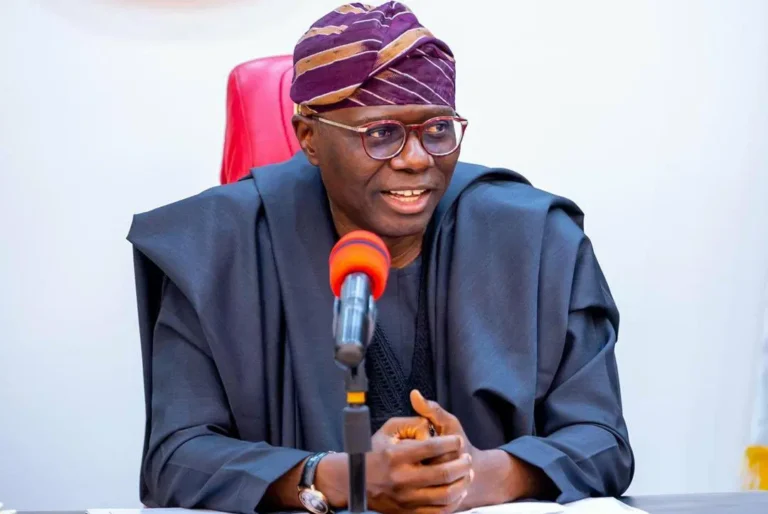
An environmentalist and sustainability expert, Dr. Grace Ejims, has provided some key steps that would help the government in dealing with critical issues challenging the country’s energy sector.
Ejims, with unique experience across the oil and gas energy and infrastructure sectors and currently the Environmental systems and Performance specialist at SCS Railways, United Kingdom recently released a publication on ‘Tackling Nigeria’s Energy Crisis: Models for Managing Consumption.’
In the publication, she provided a robust overview of potential solutions for addressing Nigeria’s escalating energy crisis.
In her understanding of the sector, and attempting to proffer solutions, she first clearly outlines the scope of the problem which include insufficient electricity supply, an unreliable national grid, and rising fossil fuel costs.
She went on to present a set of well-researched and viable strategies to improve energy efficiency, increase renewable sources, and change consumer behaviour.
In proffering solutions, she called for decentralisation of the distribution space through microgrids and off-grid systems, retrofitting buildings and optimising machinery, incentivizing Energy Service Companies (ESCOs), deploying smart meters and informational campaigns, and boosting innovative funding models like PAYG solar home systems.
These recommendations, she said, are supported by relevant data points on Nigeria’s considerable renewable energy capacity and the large efficiency gains possible from new technologies.
She balanced the analysis of the challenges with an optimistic tone about the promise of these new energy models. She provided compelling and insightful practical strategies to alleviate Nigeria’s energy crisis.
She also recommended, as a model to be adopted by the country, as the solutions proposed are worth highlighting.
Ejims accomplishments include driving ISO 14001 compliance ññ the project, establishing and supporting sustainability frameworks to decarbonise construction activities, and creating sustainable performance models. This work has been vital for ensuring that the $4 billion HS2 project sets new standards for green infrastructure development.
Before joining the UK-based railway team, Dr. Ejims spent 14 years driving regulatory compliance, impact assessment, clean-up and remediation initiatives across Nigeria’s oil and gas sector. Her standout achievements were driving industry-wide ISO 14001 certification programmes and advising national banks on social and environmental risk management policies.
SOURCE: LEADERSHIP




